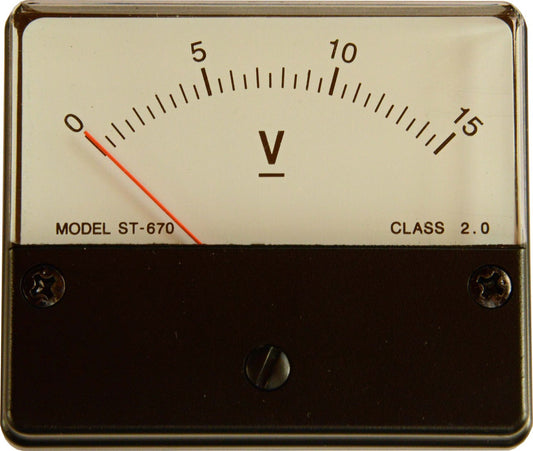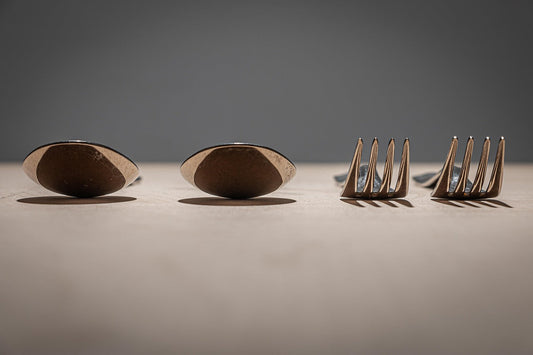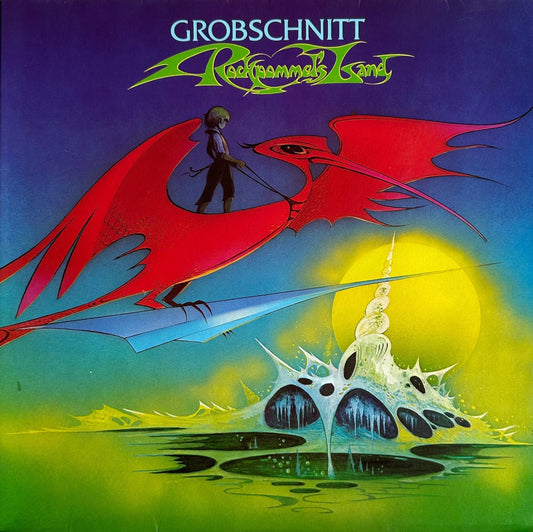Inside a film capacitor there's not a lot going on: plastic and tin foil mainly. Other types of capacitors known as electrolytics, used mostly in power supplies, also have nasty chemicals in addition to the foil. Film type capacitors are used in many applications but of particular note this morning is a loudspeaker crossover. Capacitors are employed in speakers to reduce the amount of bass and pass everything else. For example, a simple crossover for a tweeter is a single capacitor. A full range signal is sent to the tweeter from the amplifier and passes through the capacitor first. Depending on the size of the capacitor, only some sound above a certain frequency passes through, everything else cannot go forward. In this way, the tweeter produces only those areas of sound where you want it to work at. And so the quality of sound played through our loudspeakers has much to do with the quality of this capacitor. This is because all the sound we hear in our system is passing through one of these devices and its construction determines much about its performance.
You have no doubt read articles and statements by manufacturers extolling the virtues of components in equipment that make up the sound. And capacitors would be right up there with the type of resistors and semiconductors that also determine much of the sonic qualities.
Tomorrow I will share with you an extraordinary experience I just had with capacitors and sound.








